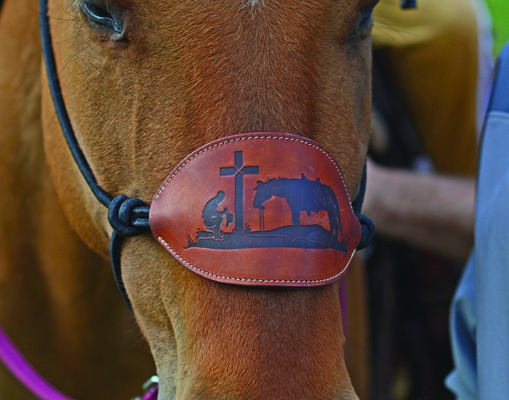It can be successfully argued that humans are hard-wired to serve, that there are biological reasons why we feel good when we serve. Medical science has long known that serving in the form of volunteering contributes to longer lives through better physical and mental health. In fact, Marta Zaraska contributes to this with her recent book Growing Young: How Friendship, Kindness and Optimism Can Help You Live to 100 and offers the arguments that diet and exercise can be outperformed by social engagement, kindness and/or serving as keys to longevity. Through her years of research, Zaraska concluded that, “Instead of shopping for organic goji berries, I should concentrate on our social lives and [emotional] makeup. I should look for a purpose in life, not the best fitness tracker.”
While East Point Horspice uses our equine therapists for the improvement of human health, and in most cases there is obvious improvements in the human side, the question needing to be asked is, “Do the horses see a benefit from all these interactions, too?” Do the horses find a ‘purpose’ in their involvement with EPH? With this question, the science needs to catch up. After all, these sentient beings deserve a fair shake in receiving an equitable prize for their efforts, right?
There is not a tremendous volume of literature citing how horses are quantifiably demonstrating physical and mental benefits from their involvement in equine therapy; but the anecdotal evidence cannot be dismissed. Under the EPH lens, the past 15 years have reported examples where horses with hoof and/or joint lamenesses have gone further than the expected physical rehabilitation and healing afforded in a horse rescue situation. These horses were treated and allowed to recover to become an active participant in a program where they are expected to carry passengers, be bombarded with myriad stimuli that might push most horses over the mental cliff, sometimes multiple times in a day, and still behave as safe, caring and well-behaved citizens of EPH. In the most basic of tragedies, horses have literally been removed from a truck which would have taken them to be slaughtered then prove themselves to be some of the best, most cooperative and loving participants in the program.
Don’t read between the lines. There is no suggestion the horses show their appreciation for recovery or another chance to live by being great horse therapy participants. All that can be stated with certainty is that these rescued horses have unequivocally done what most horses do and that is be honest, non-judgmental, and consistently perform as an accurate mirror to human energy and emotions. Suffice to say, simply by offering another chance for the horses to do what they do naturally (you could say EPH has learned to serve the horses), these wonderful horses are unselfishly serving the people which come together with them through their unique social engagement and horse-sized doses of kindness.

